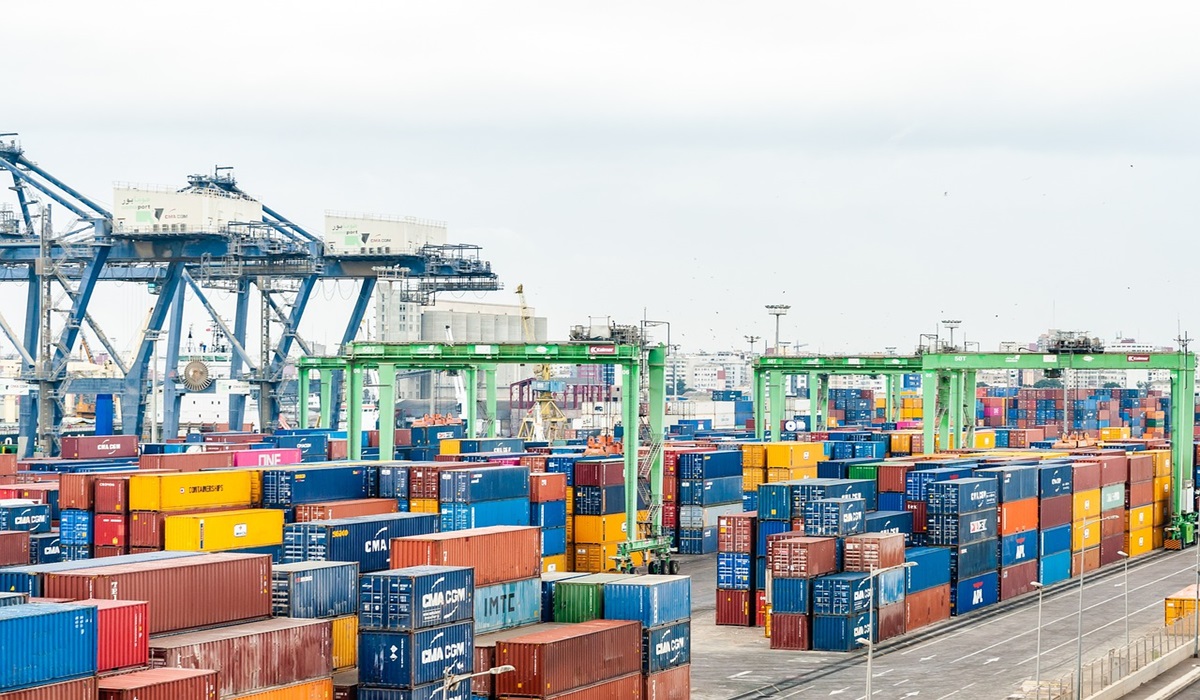Image Credit, Age 45
The SWIFT (Society for Worldwide Interbank Financial Telecommunication) system is a global network used by banks to facilitate international trade and financial transactions. It operates predominantly in US dollars, which has made the US dollar the standard currency for global trade. This means that even if two countries are not using the dollar for their domestic economies, they often have to convert their currencies to US dollars for international transactions, incurring conversion fees and other costs. For developing nations, this system can be especially burdensome because they face higher transaction costs and exchange rate volatility.
Moreover, because the US controls SWIFT, it also has the power to impose economic sanctions on countries by restricting access to the system. This gives the US significant influence over global trade, as any nation or organization sanctioned by the US can struggle to conduct business internationally.
The BRICS + (Brazil, Russia, India, China, and South Africa) nations are now challenging this structure with a new currency settlement system. This system allows countries to trade in their local currencies rather than relying on the US dollar. For example, China recently canceled large grain orders from the US and Australia, opting instead to trade with Brazil and other BRICS nations. These transactions were settled in yuan, avoiding the costs and risks associated with converting to US dollars.
This shift is a game changer for global trade. It allows nations to trade directly with each other, avoiding both the fees of currency conversion and the political power the US wields through SWIFT and its ability to impose sanctions. By settling trades in local currencies, countries can avoid the complexities and costs of the US dollar-centric system, and sanctions imposed by the US or its allies become less impactful.
For developing nations, this new system is particularly appealing. It enables them to engage in international trade on more equitable terms, free from the added expense and dependency on the US dollar. BRICS’ settlement system also provides these nations with the flexibility to trade with partners who may be under sanctions, thus expanding their economic opportunities and reducing their vulnerability to external pressures.
In the agricultural sector, for instance, the shift is already visible. China’s decision to stop purchasing large quantities of US grain and corn has disrupted traditional supply chains. US farmers are now faced with uncertainty about future demand and production targets. Without access to this market data, which would have been available through the SWIFT system, it becomes harder for US farmers and the stock market to predict crop yields and pricing trends. Conversely, BRICS nations benefit from having more direct access to trade data, which gives them an advantage in forecasting and managing supply chains.
In essence, the BRICS settlement system is an alternative to the US-dominated global financial order, offering countries more control over their trade and reducing their exposure to external economic pressures. It represents a shift toward a more multipolar world, where trade is settled on terms that benefit a wider range of nations, rather than being dictated by one currency or one country’s political power.









